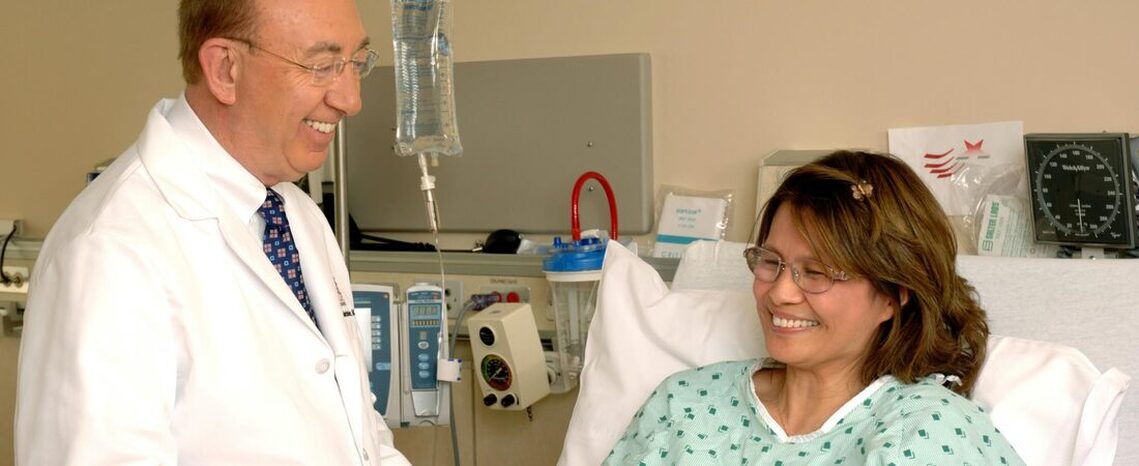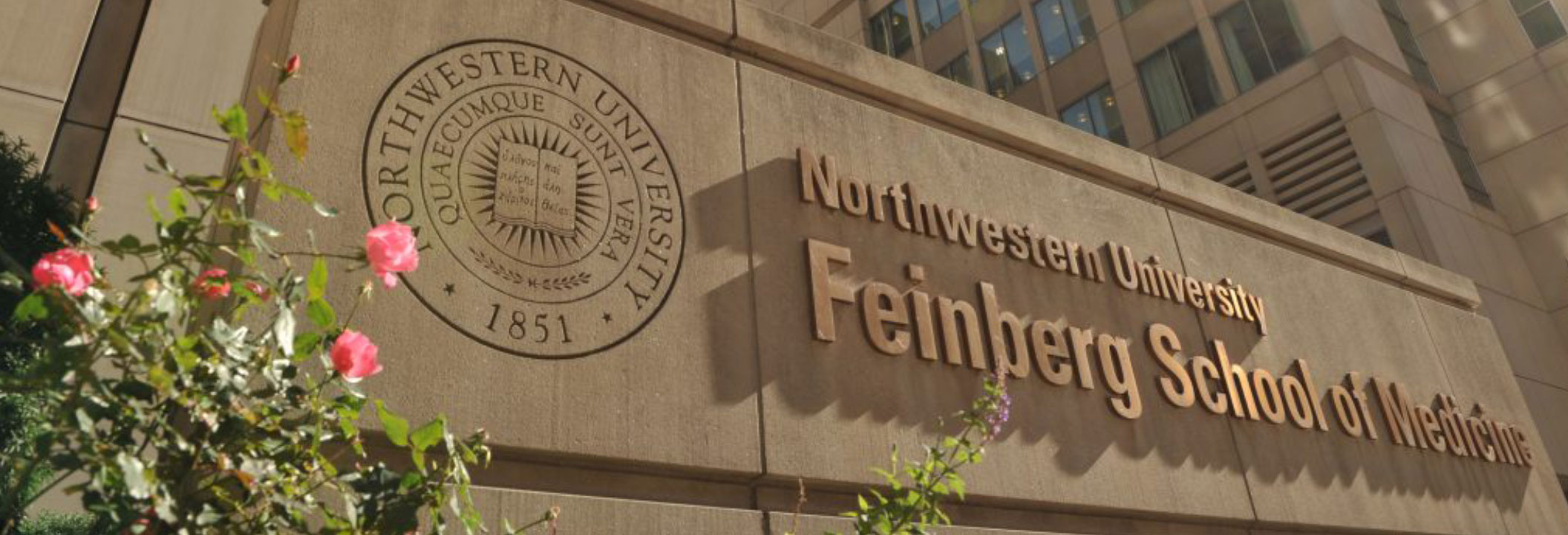Transforming global healthcare through treatment, research and education. |
Northwestern Medicine combines a world-class medical facility with a world-renowned medical school.
Discover why Northwestern Medicine’s leading-edge treatments, breakthrough research and commitment to quality have established us as a destination of choice for patients and clinical partners throughout the world. |
Our mission is to be a pillar for global health by delivering comprehensive and compassionate care, and we seek to improve the health of the global community by providing patients and healthcare providers access to the Northwestern Medicine standard of care. |
A medical center that sets the standard for global healthcareNorthwestern Memorial Hospital is an 943-bed academic medical center hospital that is dedicated to providing the most advanced health care to patients, both locally and internationally. Our clinical and administrative staff, medical and science faculty, and medical students come together every day with a shared commitment to superior quality, academic excellence, scientific discovery and patient safety.
|
A learning center for academic excellence that services the world.Northwestern’s Feinberg School of Medicine is improving human health through leadership, innovation, and compassionate care. With a dedication to teamwork, quality, and social and intellectual diversity, our faculty, staff and students promote the best interests of medicine in order to further strengthen our social contract with the global community we serve.
|
|
A global destination for expert care with 40 medical specialties and subspecialties.With nationally and internationally renowned clinicians, Northwestern draws patients from around the globe. We work collaboratively across specialties to provide multidisciplinary care that keeps the focus on the individual patient’s needs. Through our global partnerships, we are contributing to the advancement of medical knowledge across specialties through research, clinical trials and by training the next generation of physicians.
|
TransplantWith more than 400 transplants a year, Northwestern ranks among the top in the U.S. in patient outcomes and total transplants performed.
|
OncologyProviding state-of-the art therapies and comprehensive cancer care to patients in two modern outpatient clinical cancer center locations.
|
NeurosciencesOne of the nation’s premier destinations for the treatment of cerebrovascular disorders, brain and spinal tumors, epilepsy, and complex spinal disorders.
|
ReproductiveRegarded as one of the best infertility units in the U.S., our physicians have over 10 decades of experience and have helped thousands become parents.
|
GastroenterologyThe Northwestern Medicine Digestive Health Center brings together leading academic and clinical minds in pursuit of
medical excellence in GI health. |
CardiovascularNorthwestern Medicine Bluhm Cardiovascular Institute is a nationally recognized destination for people requiring highly specialized cardiac and vascular care.
|









